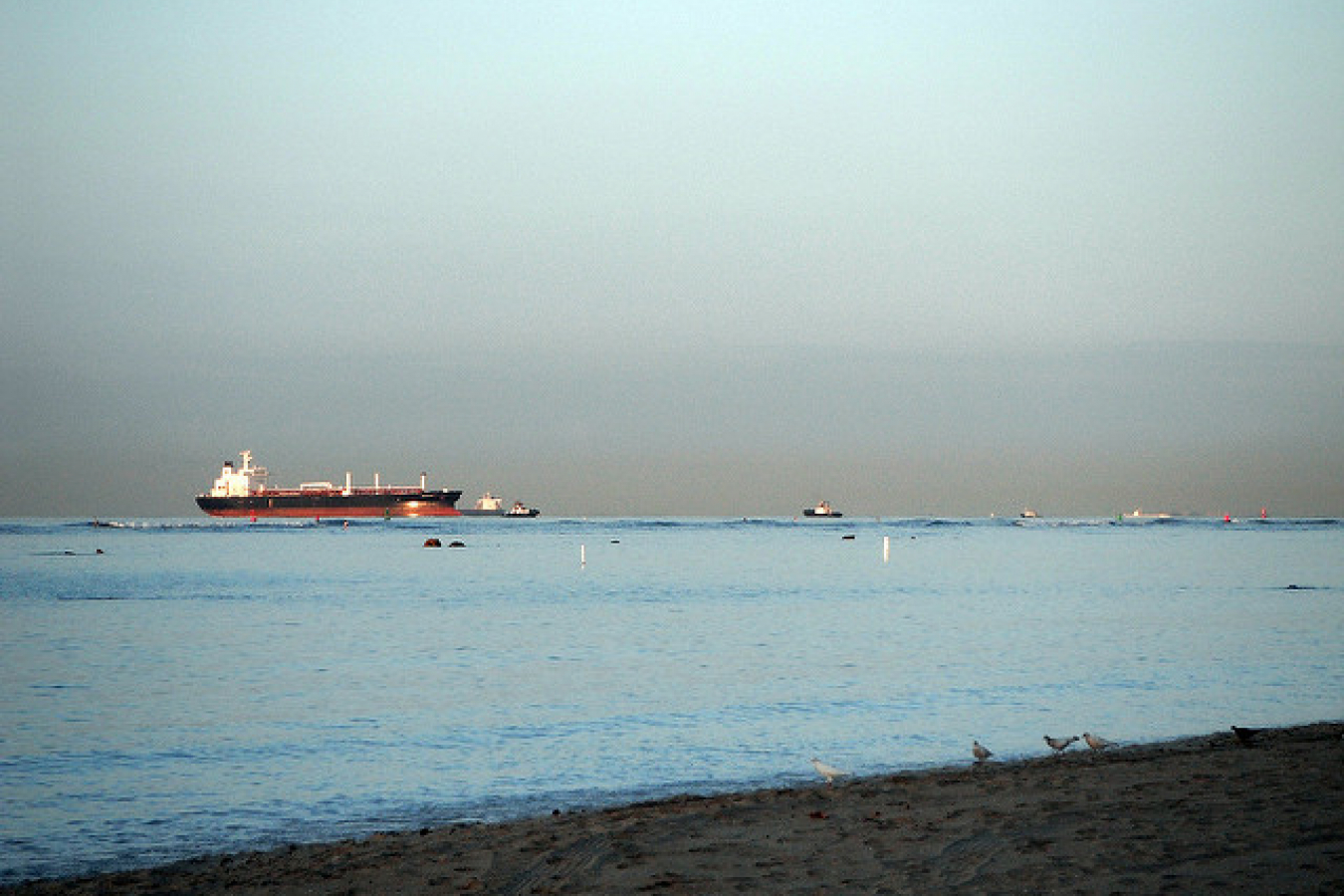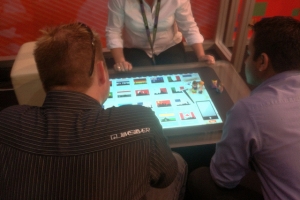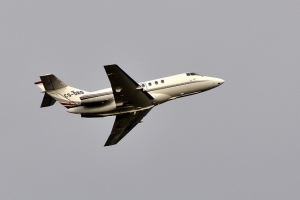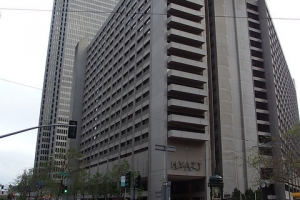Support migrant centric journalism today and donate

The government has reached the limit on H-1B visas (the "high-tech worker visa") for 2007, which begins 01 October, 2006.
The leed from the official press release reads "U.S. Citizenship and Immigration Services (USCIS) announced [01 June, 2006] that it has received a sufficient number of H-1B petitions to meet the congressionally mandated cap for fiscal year 2007 (FY 2007)."
As recently as Wednesday morning (31 May, 2006), the official website reported that approximately 9,100 applications would still be accepted, as of a statistics count on 25 May. However, on 26 May the cap was exceeded and no more petitions will be accepted.
Anyone granted an H-1B visa will be allowed to begin employment under that work permit no earlier than 01 October of this year. It is common for the U.S. government to accept more petitions than will be granted, anticipating that enough will be rejected so that the annual cap of 66,000 will be met.
What is surprising by this announcement is that the cap was reached so early ... the earliest date prior to the upcoming fiscal year on record. Often applications are still being accepted into September.In previous years the caps were 195,000 (until 2004) and 215,000 (previous to that cap). The reduction to 66,00 annual (the currentcap) has been highly controversial ever since.
High-tech companies argue the need to increase the 66,000 annual cap on the popular H-1B visas used to attract engineers, computer programmers and others. The rational is that for America to remain competitive, it must bring in innovative foreign workers so that they don't establish themselves outside of the U.S.
On the other hand, many American engineers and labour rights organizations argue the money and effort is better invested in strengthening education, pay and benefits for American citizens.
The immigration reform passed by the U.S. Senate two weeks ago proposes to increase the cap to 115,000, with the possibility of an additional 20% visas being allowed for special categories that would not be included in this cap. The House version of the bill from December, 2005 doesn't address the issue at all. Some compromise will have to be reached, but is unclear how it will be settled.
USCIS began accepting H-1B petitions on 01 April and exceeded the cap on May 26. Petitions subject to the 2007 cap that USCIS receives after May 26 will be rejected. High-tech firms won't have another opportunity to apply until April 1, 2007, when petitioning will start for the 2008 fiscal year that begins Oct. 1, 2007.
A person wishing to obtain an H-1B visa must have a sponsoring company, which currently has to pay a $3,185 USD fee. Workers obtaining such a visa may then stay in the U.S. for up to six years, after which they must leave the U.S. for one year before attempting to renter. Certain workers in special classifications for the U.S. defence Department may stay for up to ten years.
Additionally, the first 20,000 petitions received each year may request an exemption from the visa cap. Certain specialties and degrees, as well as certain positions (such as some university and research openings) are eligible. This year, approximately 5,830 such exemptions were received and are not part of the current 66,000 cap that has now been reached.





















